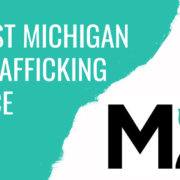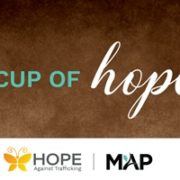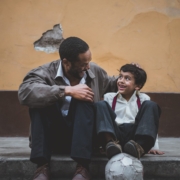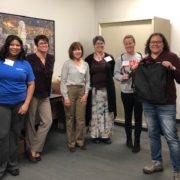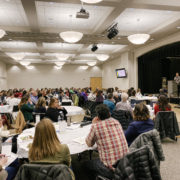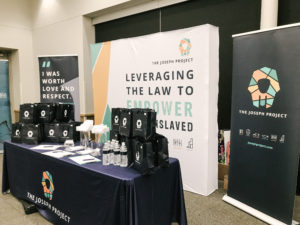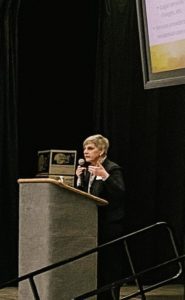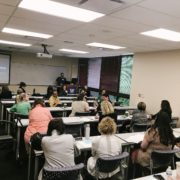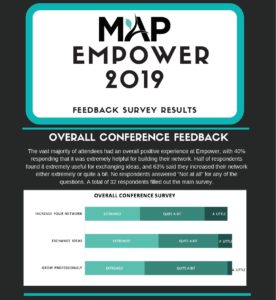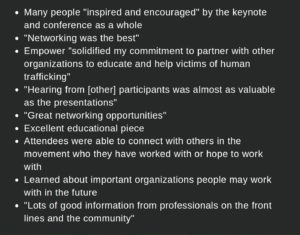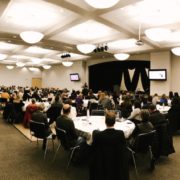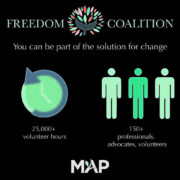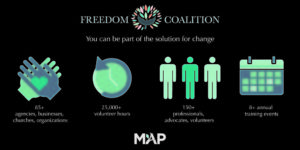Michigan Abolitionist Project (MAP) is committed to continue to provide education to prevent and end human-trafficking. Due to the executive order for social-distancing, we know that many new vulnerabilities may surface in this time. Since many families are confined at home, there is a significant increase in the use of technology in communities across our nation. Therefore, MAP wants to share some important information with you, from some of our most trusted resource providers.
The FBI warns that; “Due to school closings as a result of COVID-19, children will potentially have an increased online presence and/or be in a position that puts them at an inadvertent risk. Due to this newly developing environment, the FBI is seeking to warn parents, educators, caregivers, and children about the dangers of online sexual exploitation and signs of child abuse”.
Parents and guardians can take the following measures to help educate and prevent children from becoming victims of child predators and sexual exploitation during this time of national emergency:
- Educate yourself first about the risks that exist online.
- Enough is Enough is one of many resources that you can look to for education on internet safety.
- Shared Hope International has created a parent resource that describes how online predators often work – CLICK HERE to download a digital copy.
- Fight the New Drug is another great resource that explains in-depth the impact porn can have on our brains, relationships, and society as a whole. Consider watching their free three-part documentary!
- Shared Hope International has a new series that provides parents excellent internet safety content. Learn more about this series here…
- Discuss internet safety with children of all ages.
- Your voice is more powerful than any parental control – sit your kids down with LOVE and CARE and talk to them about what specific concerns you have (talking with strangers, watching pornography, cybercrime, online bullying, etc.). It’s important for parents to keep the conversation open, shame-free, honest, and loving. Instilling fear may work for a short while, but it’s not a long-term help in keeping the lines of communication open.
- It may be necessary to create a family agreement for internet use. Consider having your children help in the digital rules process. If they participate in the solution, they’re more likely to comply with what they helped create. Here is an example that may help as a guide – Family agreement SAMPLE ; Enough is Enough has put together some age-based guidelines that may also be useful.
- Fight the New Drug provides parents with a “Conversation Blueprint” for when you are ready to discuss pornography with your child. With pornography being so easily accessible these days, experts suggest you start the conversation BEFORE they stumble upon it for the first time. It is also said that if you don’t teach your child about healthy intimacy, it is likely they will look to porn for answers.
- Another excellent resource, Protect Young Minds, suggests the book “Good Pictures Bad Pictures” as an introductory conversation piece for younger children (Make sure to check out their resource page for other helpful guides!).
- The US Immigration and Customs Enforcement partner with the National Center for Missing and Exploited Children and recommends a number of age-appropriate tools HERE.
- Have ongoing monitoring of devices and parental controls as part of your discussion and family agreement.
- Review and approve games and apps before they are downloaded. Protect Young Eyes provides ongoing reviews of apps that will tell you everything you need to know about the latest trends. You can also stay up to date by signing up for their newsletters (they’ll even send you a Home Internet Safety Quiz!)
- Keep devices out of bedrooms and control WiFi and data access after 9:30pm.
- Make sure privacy settings are set to the strictest level possible for online gaming systems and electronic devices.
- Be aware of what your child is posting on social media sites, along with monitoring their friend list.
- Additional resource: ChromeBooks Parental Controls
- For more stringent monitoring, some parents have turned to Bark – which monitors text messaging, YouTube, email, and social media platforms and apps for potential online predators, adult content, sexting, cyberbullying, drug use, suicidal thoughts, and more.
Child Abuse Awareness…
- Teach your children about body safety and boundaries.
- Be mindful of who is watching your child for childcare/babysitting, playdates and overnight visits.
- If your child discloses abuse, immediately contact local law enforcement for assistance.
- Children experiencing hands-on abuse may exhibit withdrawn behavior, angry outbursts, anxiety, depression, not wanting to be left alone with a specific individual, non-age appropriate sexual knowledge, and an increase in nightmares. (fbi.gov)
The Five Disguises
In iEmpathize’s Empowered Youth Program, they provide a good description of the Five-Disguises exploitative people wear in order to manipulate and deceive. Talk to your youth about these tactics that are often used to deceive people.
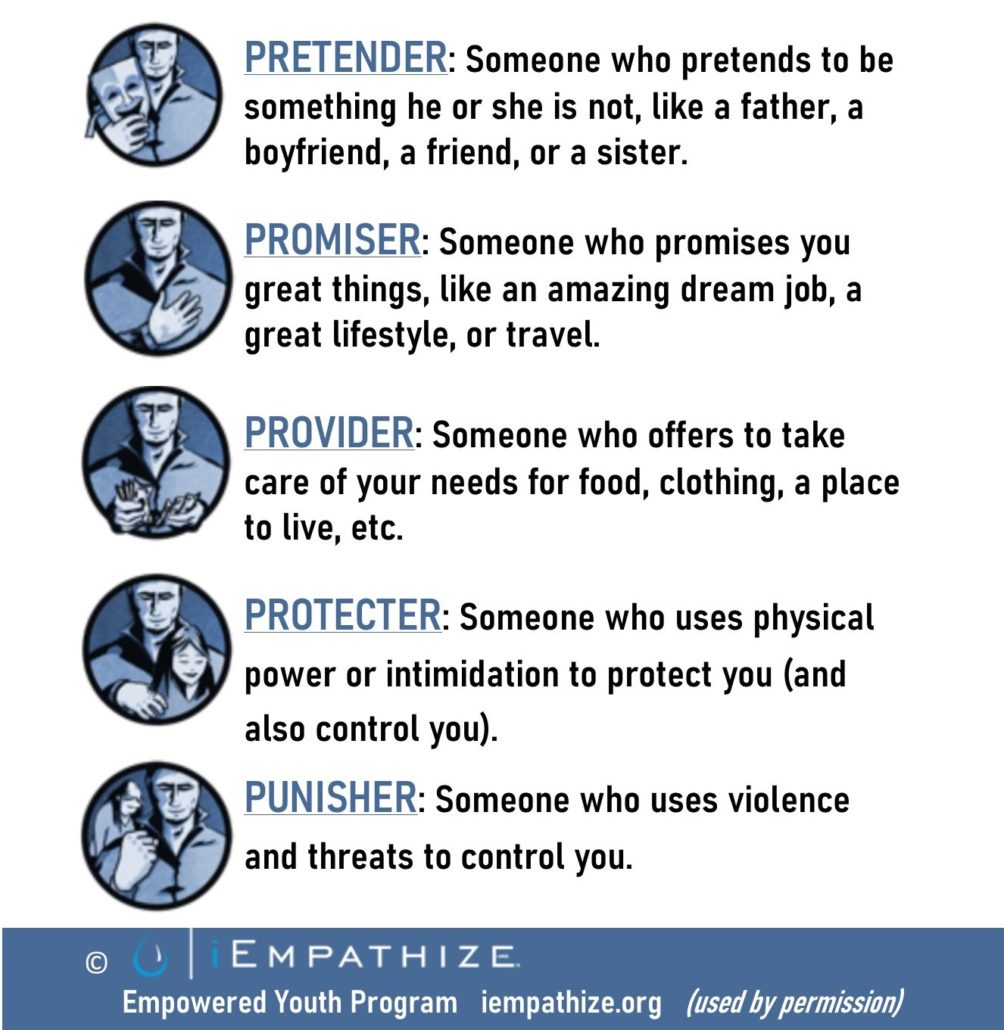
Big Porn Seeks to Capitalize on the Pandemic…
Fight the New Drug is an organization that raises awareness on the harmful effects of pornography using science and facts. They tells us that unfortunately, with an increase in time spent on the internet at home, the world is also seeing an increase in the consumption of pornography. And some porn companies are taking advantage of that, exploiting the isolation, anxiety, and boredom of billions for their own profit.
Pornhub recently posted (March 2020): “Stay home and help flatten the curve! Since COVID-19 continues to impact us all, Pornhub has decided to extend Free Pornhub Premium worldwide until April 23rd. So enjoy, stay home, and stay safe.”
Fight the New Drug says all of this points to the fact that Pornhub is in desperate need of some positive publicity after multiple cases have recently come to light of abuse victims, rape victims, and sex trafficking victims whose filmed exploitation was found on the site.
- Watch this YouTube video for a better understanding of the connection between human trafficking and pornography.
- Watch MAP’s Hope for the Voiceless video (30 min) to learn more about what fuels the demand for human trafficking in the United States.
Victim Reporting
Reporting suspected sexual exploitation can help minimize or stop further victimization, as well as lead to the identification and rescue of other possible victims. If you believe you are—or someone you know is—the victim of child sexual exploitation:
- Contact your local law enforcement agency.
- Contact your local FBI field office or submit a tip online at tips.fbi.gov.
- File a report with the National Center for Missing & Exploited Children (NCMEC) at 1-800-843-5678 or online at Cyber Tip Line.
When reporting, be as descriptive as possible in the complaint form by providing as much detail as possible.
Silver Linings
There’s no question that these coming days, weeks, and potential months are going to present new challenges due to COVID-19, but with these new challenges come new opportunities. Our response to these trying times can make all the difference.
Opportunities for families who are home bound:
- Quality time can increase the quality of your communication with your family, specifically with your growing kids. Have a meal together, play board games, watch movies, enjoy crafts, go on bike rides, learn a new skill, etc. Create the time to have conversations that allow space for your kids to open up.
- Prioritize personal and family health/wellness (physical, mental, emotional, spiritual)
- Slow down, rest, and express gratitude.
Be encouraged that this global pandemic is temporary, but the conversations had and good habits developed during this time are lasting.
We are with you, and here for you. Contact our MAP team at info@map-mi.org with any questions/comments/ideas. Together, we can prevent trafficking in the next generation.
Resources: fbi.gov | sharedhope.org | fighthenewdrug.org | protectyoungeyes.com | nnedv.org | enough.org | commonsensemedia.org | ice.gov

 in SW MI. These students went on to win state and national recognition for their efforts with this anti-trafficking campaign.
in SW MI. These students went on to win state and national recognition for their efforts with this anti-trafficking campaign. 
